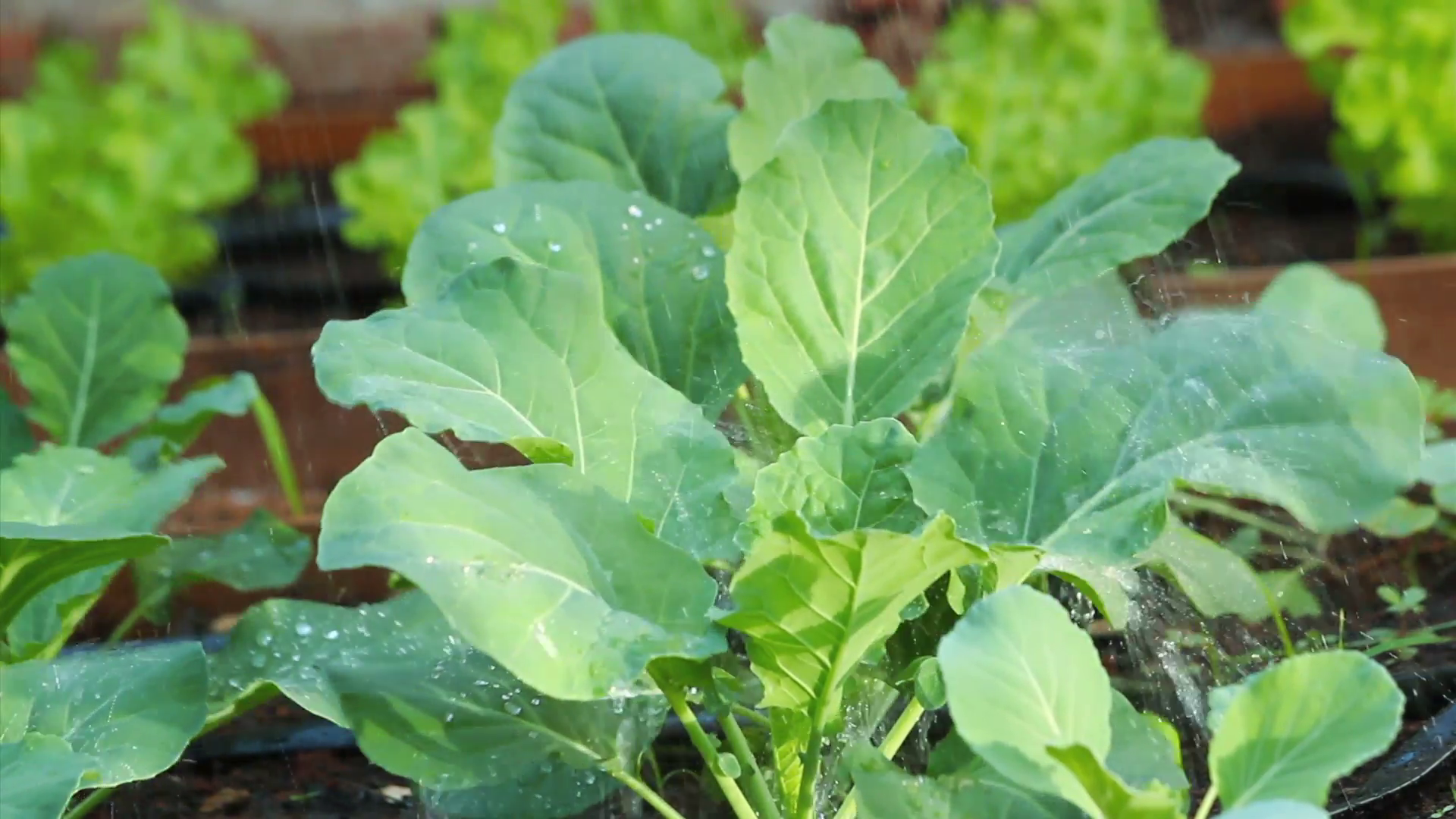
Holistic lifestyles are spreading and becoming popular, all while organic is growing in popularity as well. The tenets of holistic living require use of herbs and certain other plants, which need to be organic. The following advice below helps to improve organic gardening skills.
Strawberries are a good organic garden choice for families with strawberries, particularly everbearing strawberries. Your children will enjoy being able to pick strawberries and will be ready to help you if they can get something sweet to eat.
Try using aspirin water for fighting plant diseases. Try dissolving around one and one half aspirins into around 2 gallons of water for your plants. You simply have to spray the solution on your plants to assist them in warding off diseases. Your plants should be sprayed one time each three weeks.
If you’re thinking about growing your own organic garden, then you might want to consider keeping a bit of your property undeveloped; this way wildlife can flourish. Doing this will allow creatures that help plants to produce and pollinate to continue their actions, which will have a positive effect on the garden you develop.
Indoor plants have been bred over time to thrive in temperatures that are characteristic of a home. Most indoor plants like to be in about 70 degree temperatures, plus or minus 5 degrees. This level of heat is required in order for plants to grow. If you want to save money on gas bills in the winter, you can provide local heating for the plants with a heat lamp instead.
If you want to start a small organic garden indoors, evaluate the amount of natural light that is present. If the room you wish to grow them in faces in a direction that gets little light, choose varieties of plants which can accept this type of environment. If this is not an option, or you have your heart set on a particular type of plant, consider adding additional growing lights instead.
When you are doing work in your garden, be efficient. Don’t waste your time by searching high and low for that packet of seeds or spade. Get all of your tools together before you go into your garden, then place them in a safe spot when you are finished with them. You can use a tool belt for this purpose, or choose pants that contain several large pockets.
The space you leave in between your plants is an important measurement when it comes to gardening. You must think of how much room the plants will take up as they grow, and it easy to underestimate this. Your plants will need the space not only because of their physical size, but also because the space will provide air circulation for the garden. Because of this, you should always take the time to ensure that there’s enough distance between all your seeds.
As you gain more information and tricks, you will find that gardening will become very simple for you to accomplish, and once you know how to garden overall, then organic gardening won’t be a hard task to learn at all. Reading this article was the perfect way to set the ball in motion.…